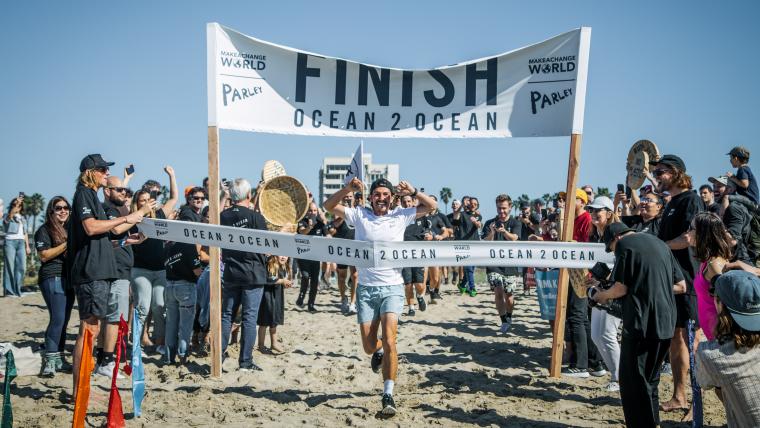
Can a new home keep our penguins safe?
If we don’t act now, South Africa’s penguins may become extinct. There are two regions where penguins breed in the country, on the West coast and in Algoa Bay, with 600 kilometres separating them. Without anywhere else to go, a threat to either area could do serious damage to the population. In an attempt to bridge the gap between the locations and spread their breeding areas, Christina Hagen is working to establish new colonies on the South Coast.
The conservationist runs the Penguin Colony Project, an initiative of BirdLife South Africa that aims to create solutions for African penguins. She started working at BirdLife seven years ago, running ecotours, until she saw an opportunity to work more closely with penguins. “I’ve always loved marine birds but to see how so many species are declining is really devastating,” she says. Oil spills threaten their health, the erosion of natural breeding grounds leaves them vulnerable to predators, and food shortages force penguins to travel further to eat while leaving their young behind. Hagen is in the process of establishing colonies at De Hoop Nature Reserve and at Plettenberg Bay to safeguard birds in protected areas. Since identifying these sites in 2015, BirdLife has monitored potential threats to the animals. Once the risk assessment is complete, areas mimicking penguin colonies will be established and birds will slowly be released into the area. Funded by Pamela Isdell, the Patron of the African Penguin and the Diemersfontein Wine Estate, this is the first time a project of this nature has been attempted in South Africa.
In addition to acting as marine indicators for the status of the environment, African penguins aren’t found anywhere else in the world, making them a priority to protect. “African penguins are an integral part of the South African coastline and they hold a special place in my heart,” Hagen says. In addition to trying to save these seabirds, she also volunteers as a firefighter for Volunteer Wildfire Services. “Ever since I was a child I knew I was going to do something to make this world a better place,” she says. Hagen’s contributions may have major positive consequences in the future for our land and wildlife.






























Please sign in to leave a comment